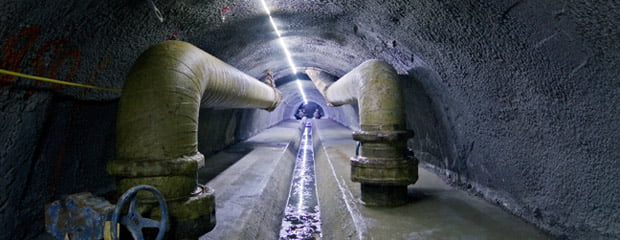According to new research by Corporate Knights magazine, Toronto is Canada’s third most sustainable major city, and fifth in North America.
20 cities were chosen and assessed against 27 indicators in 5 categories including environmental quality, economic security, governance and empowerment, infrastructure and energy, and social well being.
But just how sustainable is Toronto? With all the ongoing construction of new condos in Toronto, a lot of people are concerned about the city’s ability to be sustainable. So we decided to look at the various ways that Toronto attempts to be sustainable.

The City of Toronto is committed to being an energy-efficient city of tomorrow and developed a sustainable strategy titled “The Power to Live Green.” The strategy was introduced in 2009 and came with a plethora of guidelines and recommendations in order for Toronto to meet its sustainability goals. In an effort to reach these goals, Toronto introduced and implemented several initiatives:
EnWave, The Deep Lake Water Cooling System – currently cools many major downtown buildings and institutions. This system, the largest of its kind, reduced the energy needed to cool these buildings by 90 percent.
In 2004, Exhibition Place adopted an official Environmental Plan, recently named the Exhibition Place GREENSmart program. Impressively, The Exhibition uses various renewable energy sources including a geothermal plant, green roofs, and LED streetlights to do their part in helping Toronto meet its sustainability goals.
The Tower Renewal Project recognizes the city of towers that Toronto has become. The project aims to fix the issue of aging buildings next to open, unused, and poorly maintained open spaces. The project is two-fold: make greener communities and revamp the neighborhoods.
There are also several incentives offered for Torontonians who reduce their use of energy and water at home. These include cash incentives to encourage people to replace their old furnaces, tax credits for taking transit, pick-up service for old fridges and freezers, and discounts on a wide range of energy-efficient products. A small way to make a big difference!
What do you think of Toronto’s various sustainable initiatives? Is the city sustainable enough?


